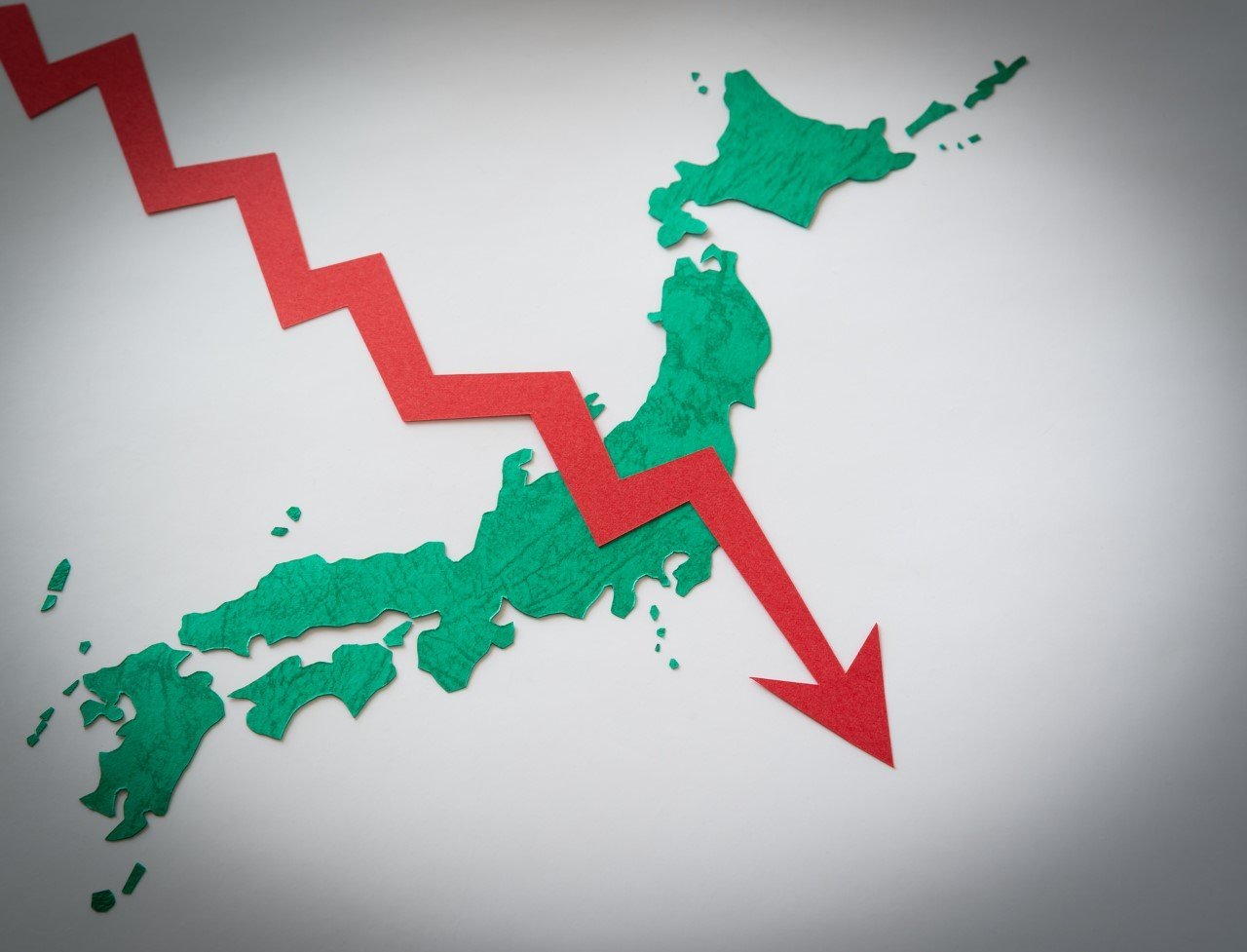2012/02/10
No. 142: Kazuo Nishimura, "Revamp Math and Science Education"
[PDF version]
Panasonic Shock
In 1986, Panasonic Corporation made headlines by hiring four non-Japanese engineers. The number of foreign employees at this major Japanese electronics maker has steadily grown since then to reach 750 out of 1250 newly employed in 2010. Panasonic again sent shock waves throughout Japanese industry and the job market by announcing that it would hire 1250 foreigners overseas among 1390 new recruits in fiscal 2011. It added that the remaining 290 would be hired at home regardless of their nationalities, with foreign graduates also eligible.
If Japanese engineers continue to decline both in number and quality, so will the country's global competitive edge. Japan was ranked the most competitive economy from 1989 through 1993, according to the Swiss-based International Institute for Management Development (IMD)'s World Competitiveness reports. However, its rank dropped to 17th in 2009, 27th in 2010, and 26th in 2011. In contrast, South Korea boosted its ranking from 29th to 23rd to 22nd, Taiwan from 23rd to eighth to sixth, and China from 20th to 18th to 19th during the same period. Japan has already been outpaced by other Asian countries in global competitiveness.
Japan's economic stagnation is an undeniable fact. Yet on top of that, if the country is unable to provide proper math and science education and train skilled engineers, how can it ever restore its global competitiveness?
There are more statistics showing how Japan is lagging behind other Asian countries. In 2009, four Asian cities/ countries - Shanghai, Singapore, Hong Kong and Taiwan - ranked among the top five in mathematics literacy measured by the Programme for International Student Assessment (PISA), a triennial survey of the knowledge and skills of 15-year-olds conducted by the Organization for Economic Co-operation and Development (OECD). Japan was ranked eighth. In terms of math and science achievements at the eighth grade, the top four were Taiwan, South Korea, Hong Kong and Singapore, followed by Japan in fifth in 1999, 2003, and 2007, according to the quadrennial Trends in International Mathematics and Science Study (TIMSS) conducted by the International Education Center.
What to Do about the Problems?
The biggest factor behind the declining academic ability of young people is the government's successive attempts at educational reform. In response to criticism of rote-learning, the government eased public school curricula in stages, following educational guidelines issued in fiscal 1980, 1992 and 2002, to allow students more leeway to pursue their own interests. The new school curricula, called yutori kyoiku (relaxed education), were accompanied by the introduction of preliminary university entrance examinations administered by the government. The standardized exams, first introduced in 1979 and revised in 1990, in effect led to the reduction of the number of subjects students had to study in senior high school. Mathematics and science probably suffered most from the reform drive, with both teaching hours and content diminished.
What should we do then? Problems abound but, to begin with, let's consider what we can do to improve science education in elementary, junior and senior high schools (which are attended to for six, three, and three years respectively).
First of all, we should consider moving up the start of science classes from the current third grade to the first grade in elementary school. This will save the need for high school students to take a series of basic science classes such as "Basic Science," "Integrated Science," and "Science and Human Life," which used to be taught in junior high school.
We should also consider pushing back the start of elective courses until the third year of high school just like it used to be. Currently, high school students begin taking elective subjects in their second year. This practice has driven students away from math and science early on to focus on the other seemingly easier subjects required for college entrance exams, contributing to the academic decline of university students. Delaying the start of elective courses may allow students to study advanced physics, chemistry and biology, which may provide them incentives to pursue physics - a subject from which students are currently shying away.
There is a widely-held view in Japan that studying science and mathematics is unrewarding. However, our research on university graduates who entered university subsequent to the introduction of the first standardized test in 1979 found that those who included mathematics among their entrance exam subjects earned one million yen in annual salary more than those who did not (on average, math test takers earn 7.48 million yen compared to non-math test takers' 6.41 million yen). We also conducted a survey on those who majored in science and engineering, and found that those earning the highest incomes were those whose favorite science was physics, followed by chemistry, geoscience, and biology. These findings suggest that, for students with majors in the humanities, studying mathematics broadens their career options and stabilizes their income while, for students with science majors, studying physics - and ideally all the three basic science subjects - affects their lifetime incomes.
Finally, we need to introduce an objective evaluation system. Currently, objective test scores only count as one-fourth of students' final grades. The remainder is determined by subjective scores calculated by teachers based on their observations of student interest, willingness, attitude and so on. If we leave the evaluation system as it is, students will have to keep worrying about how they are viewed by teachers. If Japan wants to improve the academic ability of university graduates on par with that of other Asian countries, we need to abolish our subjective evaluation system and replace it with a more objective one. That will motivate students to perform better on paper tests, including international tests administered by PISA.
Kazuo Nishimura is Professor of Mathematical Economics at the Institute of Economic Research, Kyoto University.
The views expressed in this piece are the author's own and should not be attributed to The Association of Japanese Institutes of Strategic Studies.





